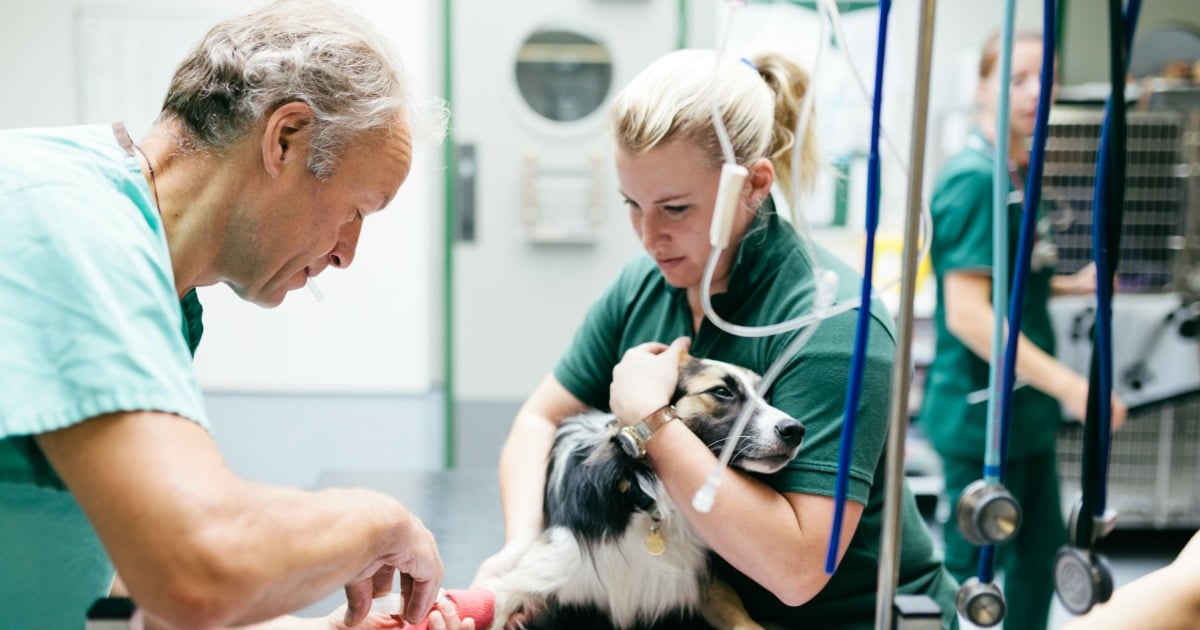It’s no secret veterinarians have one of the highest rates of suicide of any profession.
Australian studies show vets die by suicide at four times the rate of the general population, and recently, Dr Allison Milner and colleagues from the University of Melbourne found females are particularly at risk.
For decades, researchers have tried to discern the complex reasons why suicide strikes the veterinary community so strongly.
In a recent article for Vice, Dr Rosie Allister, who works for a wellbeing charity for vets in the UK called Vetlife, discussed the crisis of suicide in the veterinary profession and the factors that may contribute to it.
She said while it's inherently problematic to try to identify single reasons for mental health issues and suicide, there are elements of the wider picture we can consider and interrogate.
Dr Allister said financial pressure is an often-ignored burden in the veterinary community. Given vet fees are so high, people tend to assume they're highly paid - but this is rarely the case.
Vets' salaries in Australia are modest — they make an average of $79,000, which is below the national average.
In addition, Dr Allister said, "Sometimes there's an expectation that you should be able to provide veterinary care for free because you love animals or because you care about them," but this places huge stress on a veterinarian.


Top Comments
Wasn't the high rate of death amongst dentists attributed to being exposed to the mercury in amalgum, which does neurological damage? Maybe vets and medical professionals are being exposed to toxic chemicals in the pharmaceuticals they administer all day, along with working in sterile environments with little natural sunlight. Known mood de-stabilisers..
I had no idea of this.
My daughter has wanted to be a vet since I can remember & is going into seniors next year with being a vet still as her major goal.